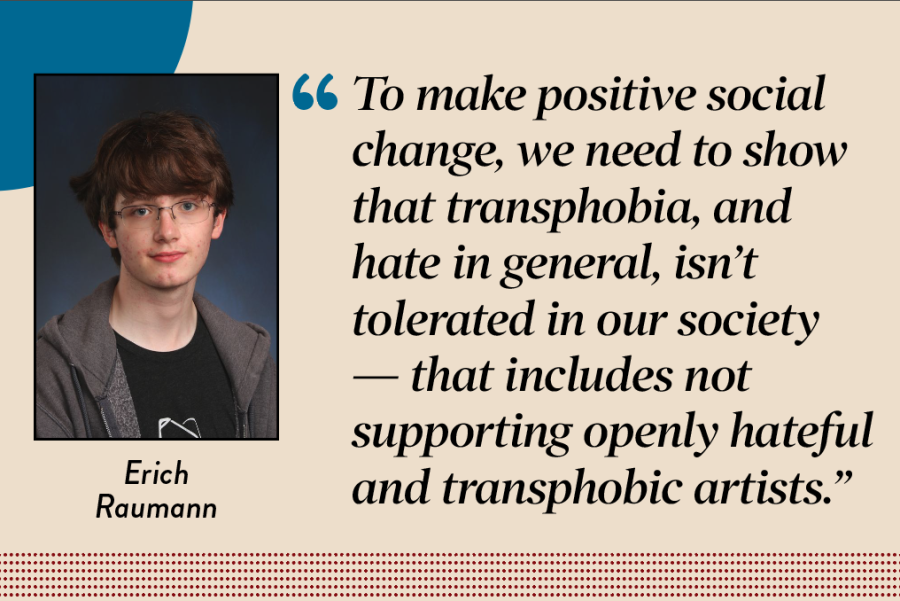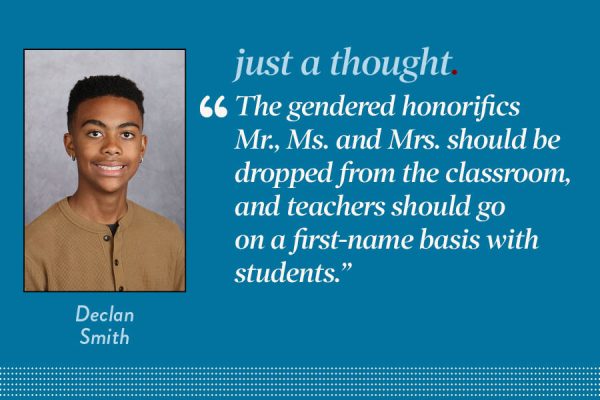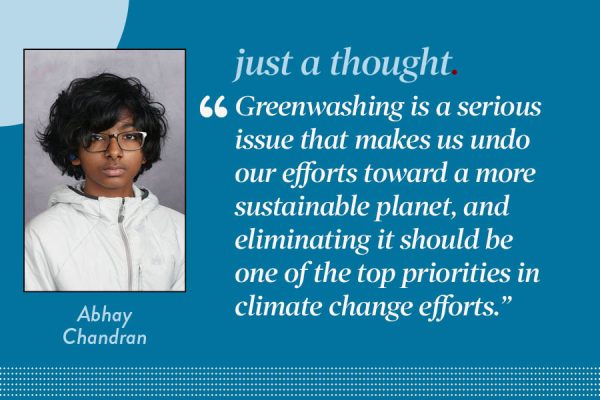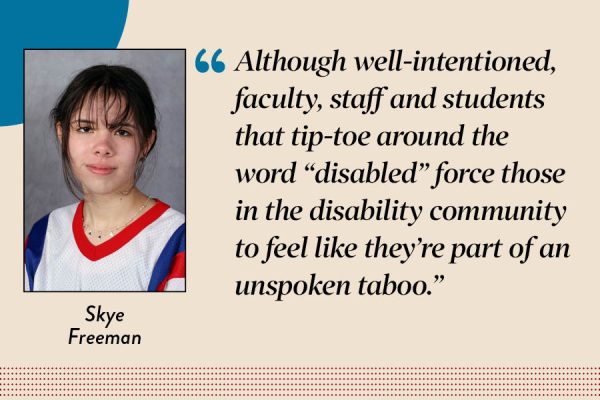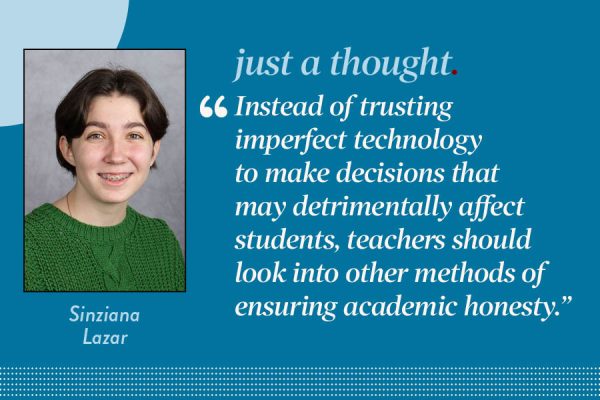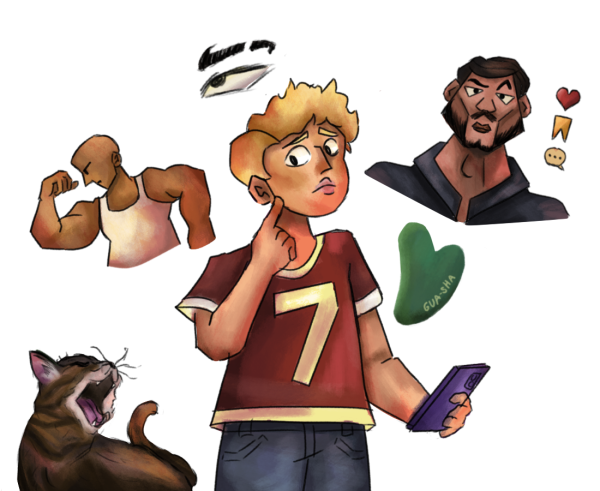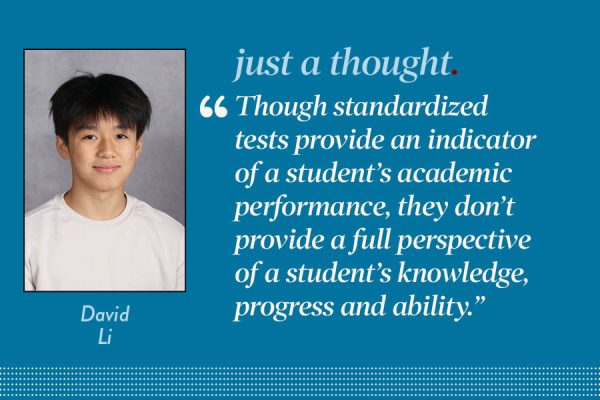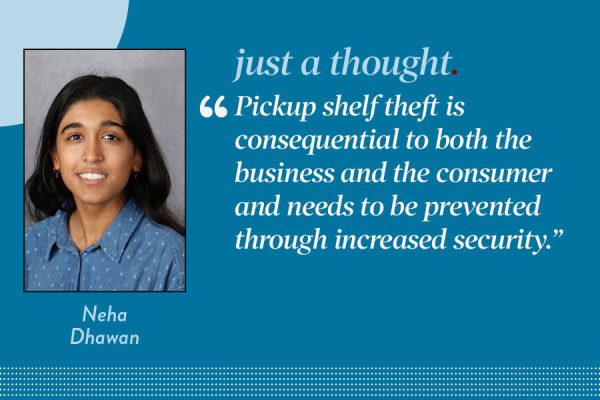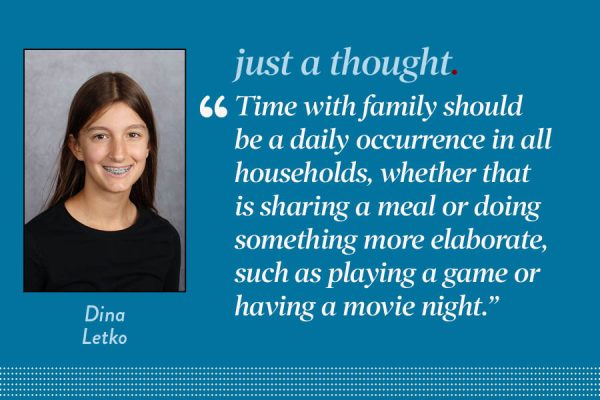Supporting ‘Hogwarts Legacy’ condones transphobia through J.K. Rowling ties
Midway Staff
Beloved artists and creators are increasingly using their platforms to normalize hateful, toxic, highly damaging views and practices.
January 19, 2023
At first glance, the ordering website for the upcoming video game Hogwarts Legacy looks like any other, with flattering screenshots of gameplay and a few paragraphs of text describing the epic Harry Potter-related adventures you can experience when the game is released Feb. 10. The section of user-defined tags includes words like adventure, magic and role-playing game. One tag at the very top stands out, though: transphobic.
As the game approaches its release date, an outspoken group of people grows who are boycotting the game due to the views of the creator of the Harry Potter universe, J.K. Rowling, who self-identifies as a TERF, a feminist who believes trans women aren’t real women and shouldn’t have access to gender-affirming surgery.
In order to make positive social change, we need to show that transphobia, and hate in general, isn’t tolerated in our society — that includes not supporting openly hateful and transphobic artists.
The game itself, like the Harry Potter universe, won’t have transphobic elements or a transphobic message, but that doesn’t mean that purchasing the game won’t be damaging to transgender people. If “Hogwarts Legacy” is a financial success, it will send a clear message that as long as someone creates something of value, their harmful views can be conveniently ignored for the sake of entertainment.
Fans who are still excited for the game’s release argue that it’s possible to separate art from the artist, especially in this case, since Ms. Rowling had little involvement in creating the game, and that a boycott of the game is too extreme. Ms. Rowling created a world beloved by many people, including myself, and while Ms. Rowling’s involvement in the actual production is minimal, in a modern world of licensing fees, royalties and merchandise sales, the question of whether someone can separate art from its creator is already answered. Buying this game will, to some degree, directly financially support an outspoken transphobe.
This isn’t just about Hogwarts Legacy, or even the Harry Potter universe in general. Beloved artists and creators are increasingly using their platforms to normalize hateful, toxic, highly damaging views and practices. It’s not enough to disagree with the artist and continue contributing to their success; there are enough video games, book series and other well crafted pieces of media without connections to harmful people. There is no excuse for looking the other way when creators are hateful.




